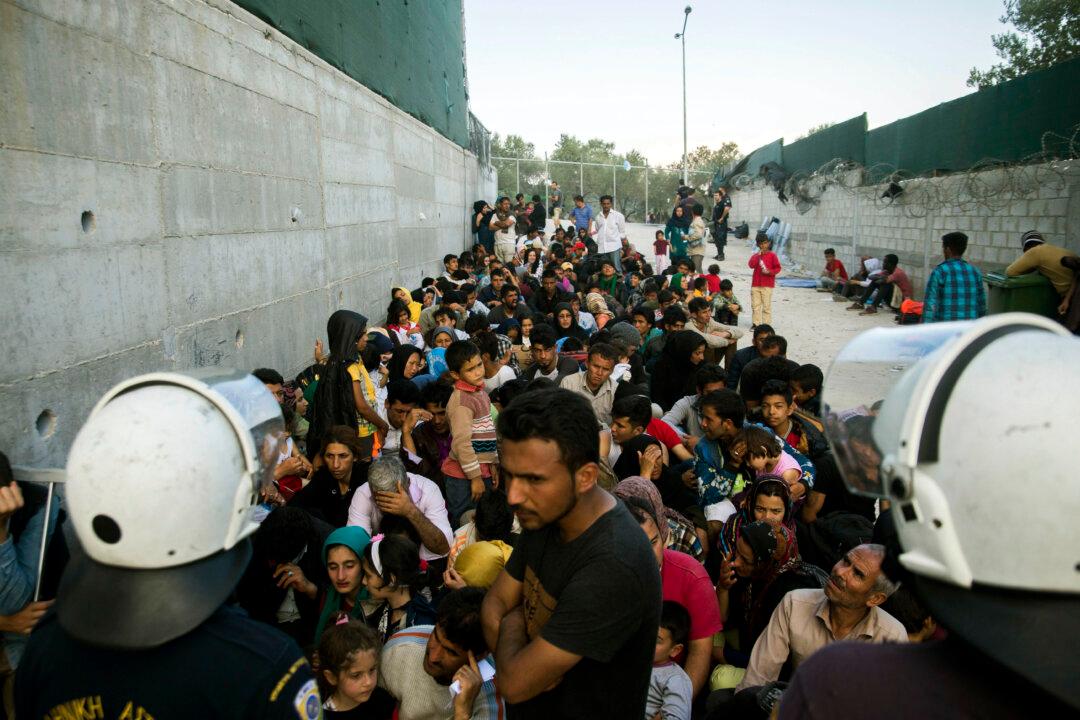VIENNA—Overwhelmed by a wave of refugees and what they call indecision in the European Union, Austria and its southern neighbors along the Balkan migrant route agreed to tighter border controls at a meeting Wednesday—and warned that sooner or later they will have to shut their doors entirely.
Greece, the first point of landing for most of the migrants arriving by boat from Turkey, was not invited to the meeting and responded angrily by threatening to block decisions at a forthcoming EU migration summit if sharing of the refugee burden is not made obligatory for member states.
The EU has set up a scheme to share 160,000 migrants arriving in Greece and Italy. Even that would be only a fraction of the total numbers, but so far, barely 600 people have been relocated, and only some EU partners have offered places for them - fewer than 5,000 spots in all.
Prime Minister Alexis Tsipras said that from now on Greece “will not assent to agreements” unless all its partners in the EU are forced to participate proportionately in the relocation and resettlement of refugees. A senior government official, who spoke on customary condition of anonymity, clarified that Tsipras was specifically referring to a March 7 summit on immigration.
Tsipras lashed out at EU member states that “not only erect fences on their borders but at the same time do not accept to take in a single refugee.”
Austria has recently capped the number of asylum-seekers it will accept daily at its borders to 80, and limited the number of refugees it will let pass through the country. That has led to more border restrictions being introduced further south, hurting countries along the route, including Greece.
Playing off warnings that the restrictions will lead to disastrous accumulations of refugees on borders along the route, Austrian Interior Minister Johanna Mikl-Leitner called for “a chain reaction of reason.”
“We need measures that lead to a ... a domino effect. We must reduce the flow of migrants now,” she said. “Because the refugee question can become a question of survival for the European Union.”






